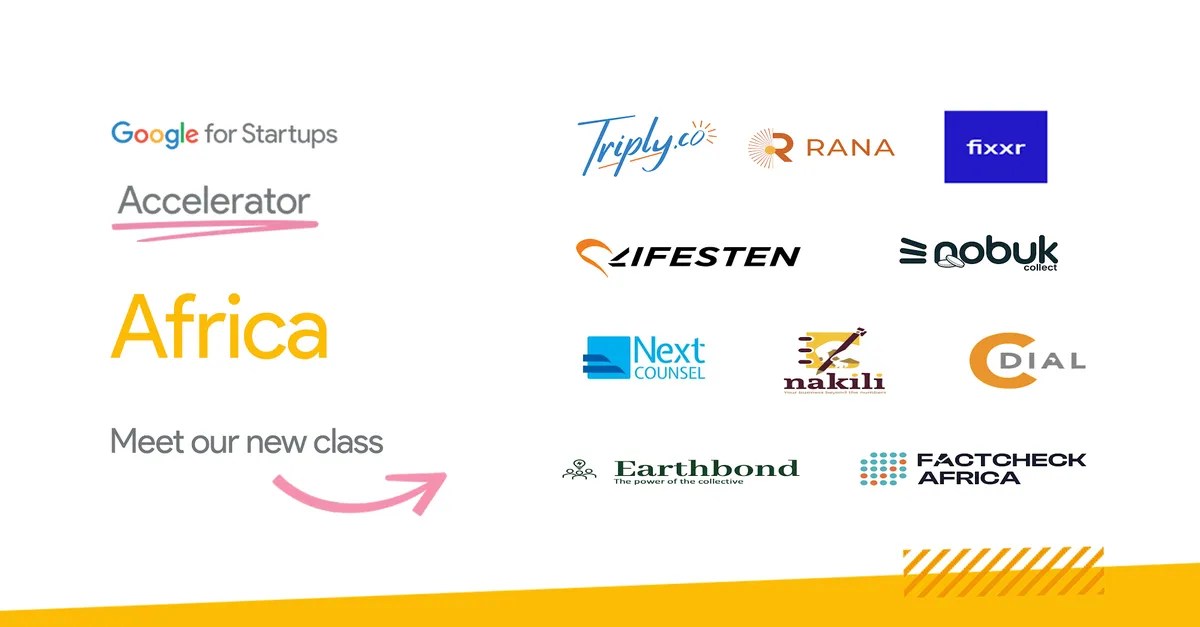
Africa’s Startup Ecosystem in 2025: A Continent on the Rise
Africa’s startup scene is hitting its stride in 2025, shaping up to be a truly pivotal year. Innovation hubs are popping up everywhere, investment is flowing freely, and trailblazing ventures are actually changing lives and economies. Think about Southern Africa, which saw an amazing 24.9% jump in new startups, thanks to its solid infrastructure, strong financial institutions, and government support. They’re giving entrepreneurs the tools they need to really scale up. And Northern Africa isn’t far behind, with 22.9% growth, fueled by a young, digitally savvy population and growing regional collaborations. These regional differences show us just how diverse Africa is and hint at a future of exciting, if sometimes uneven, expansion. What’s driving this incredible momentum? It’s a mix of local ingenuity and smart investments in areas that truly matter to the continent’s future. You can learn more about Africa’s Tech Renaissance and how it’s pushing the boundaries of what’s possible.
From Food Delivery to Fintech: Africa’s Startups Are Making Waves
We’re seeing some truly promising startups emerge, with Tech In Africa spotlighting many of them. Take Nigeria’s Chowdeck, a food delivery platform that zipped past a million orders in just one month, rapidly expanding across Nigeria and Ghana. Or consider Angola’s Anda, which secured $3.4 million to transform the crucial motorcycle taxi industry. In Kenya, clean transport is gaining traction with e-mobility startup Enzi Mobility, which raised $3.5 million to get more electric vehicles on the road. These investments show a clear trend: tech solutions are tackling Africa’s unique challenges, blending convenience with sustainability, and unlocking entirely new markets. But it’s not just about urban centers; agricultural technology is also attracting big attention. Pyramidia Ventures recently invested $1.5 million to scale agri-tech startups focused on improving food security, which is absolutely vital as Africa’s population continues to grow. The broader venture capital landscape is also maturing, with investors showing more interest despite the hurdles. African Business recently called this landscape dynamic yet complex, noting how creative financing and regional partnerships often open new doors. The finance and fintech sectors are particularly vibrant. Nigeria’s PalmPay, a profitable fintech firm, is reportedly in talks to raise up to $100 million, signaling strong investor confidence in Africa’s digital payment solutions. MoneyFellows, an Egyptian fintech, raised $13 million to expand its group savings platform, showing the strength of community-based financial models. And Y Combinator-backed neobank Djamo secured $17 million, boasting a million users in Francophone Africa, which proves how widely digital banking is being adopted across the region. You might also be interested in how South Africa is advancing agricultural innovation alongside urban renewal.
Building the Future: Infrastructure, Policy, and People
The groundwork for this growth is constantly improving. Broadband access is expanding, with dedicated funds supporting black-owned internet service providers. Efforts to bring electricity to remote areas are also moving forward, with Acumen raising $246 million to electrify 17 hard-to-reach African nations. Reliable energy and connectivity are non-negotiable for sustaining startup ecosystems and ensuring inclusive development. Government policies are also playing a huge role. Nigeria’s Senate, for example, approved a bill supporting the shift to electric vehicles, which should drive green mobility across the region. Botswana even launched a citizenship-by-investment program to attract economic activity. While the ecosystem matures, there are still twists and turns. Sabi, an e-commerce startup, recently laid off 20% of its staff to refocus on traceable exports, showing that adaptation is key in this competitive space. Yet, investors remain optimistic. Ventures Platform raised $64 million for early-stage startups, and Sylndr, an Egyptian used-car marketplace, secured $15.7 million to expand services. Ultimately, this story is about people: the African billionaires investing in education, and the founders pushing boundaries in AI and sustainability. They’re driving disruption not only in cities but increasingly in underserved regions. Looking ahead, Africa’s startup landscape is definitely set for more evolution. Digital tech, expanding financial ecosystems, and better regulations will keep fueling growth. Plus, the focus on sustainability means these startups will increasingly help solve fundamental challenges like energy access and food security. African entrepreneurs are navigating a complex but opportunity-rich landscape, where collaboration is becoming essential. As these ecosystems grow, they’ll likely attract more global capital and create countless local jobs. The next wave of African startups could really transform the continent’s economic path and improve social wellbeing in ways we haven’t seen before. Everyone, from investors and policymakers to technologists and community leaders, needs to keep this momentum going to nurture an inclusive, resilient, and vibrant startup ecosystem. For more on how national policies are shaping economic growth, consider reading about Nigeria’s evolving landscape and its global pressures.


